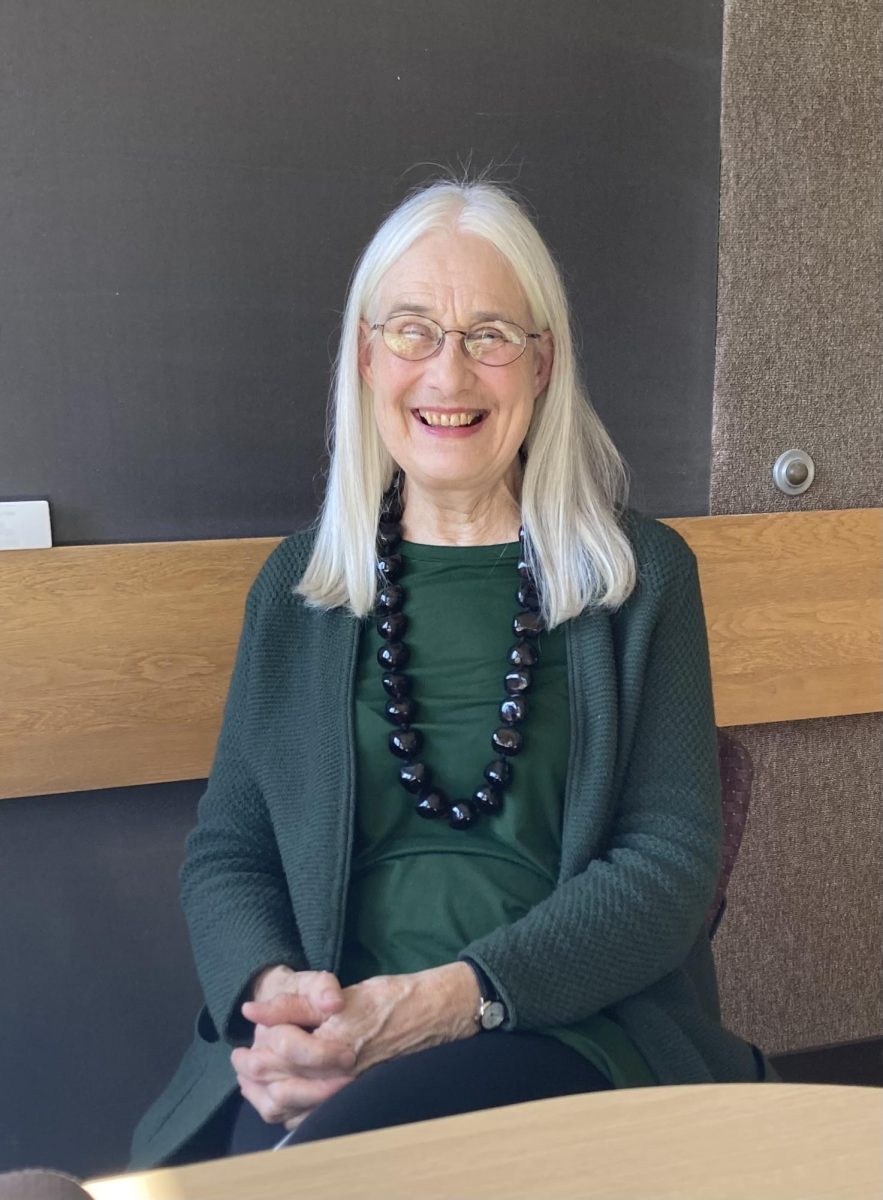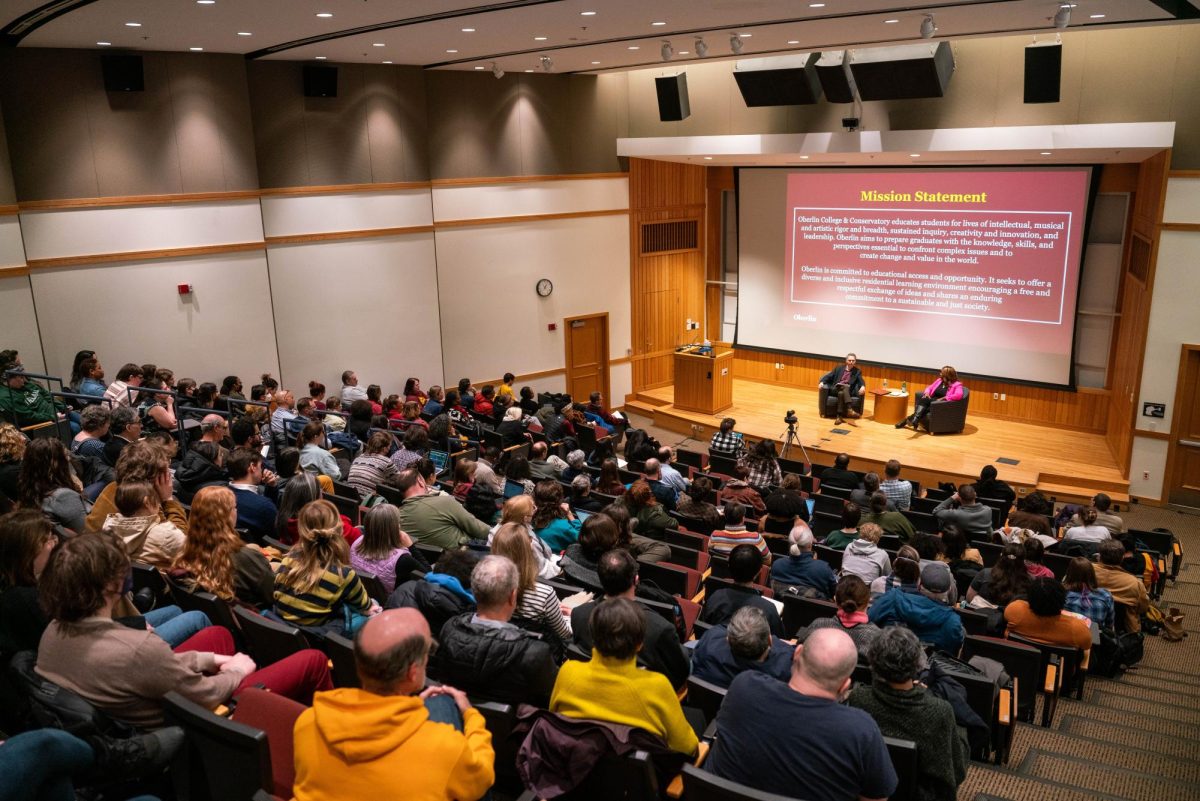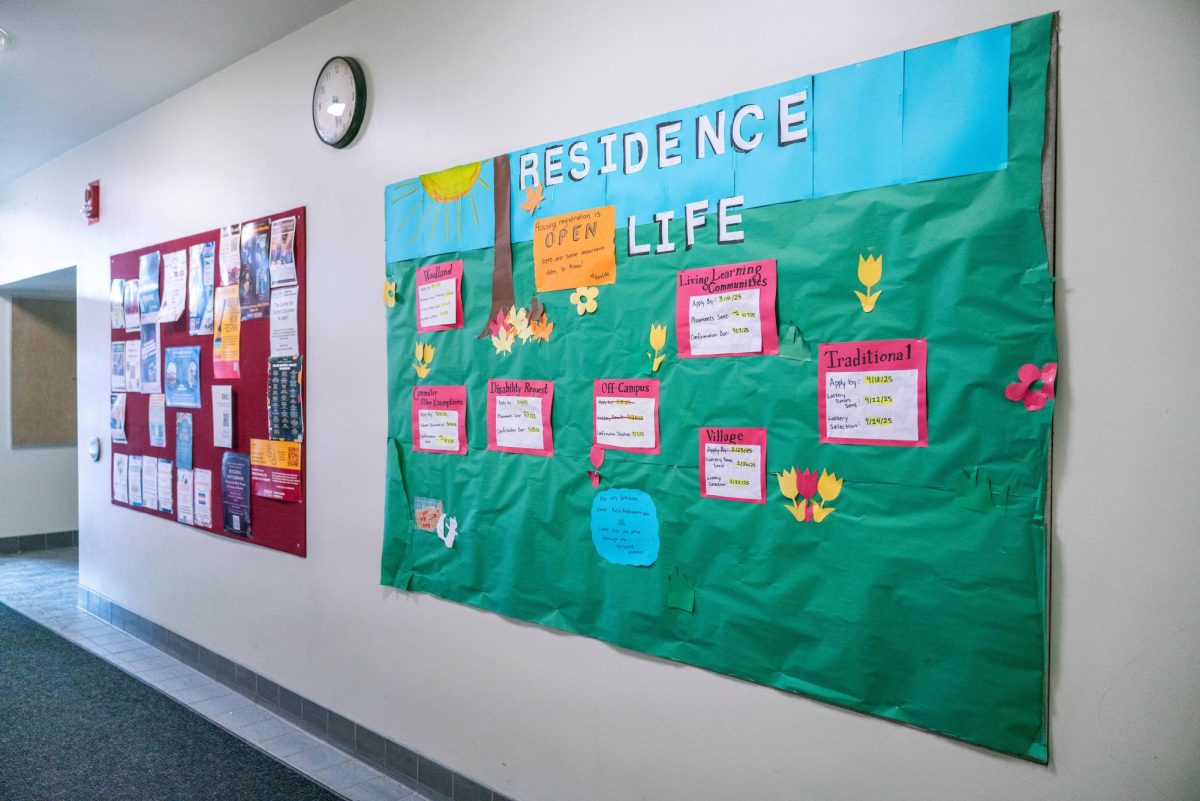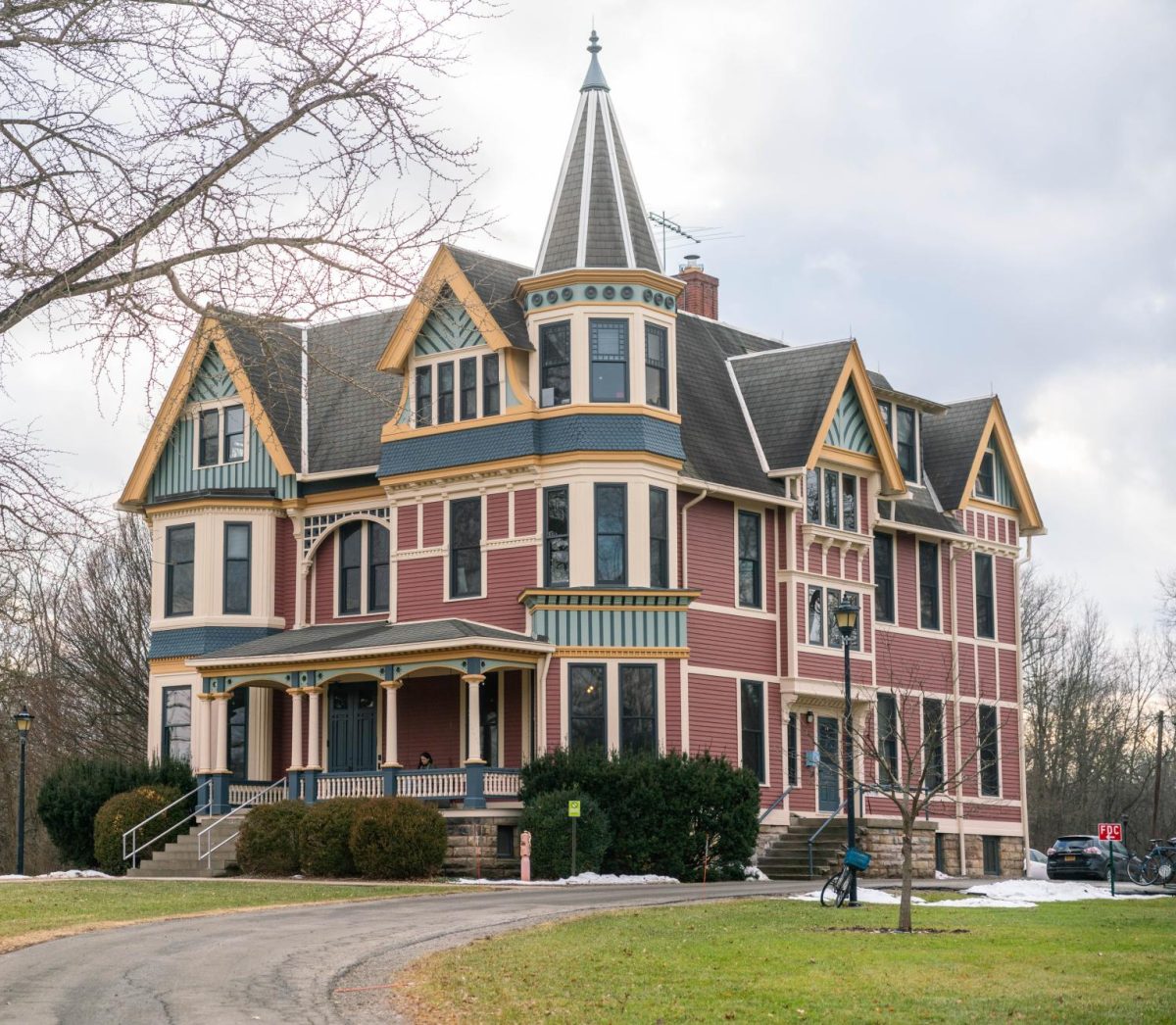On Nov. 22, six students and two faculty members attended Black Students Lead, a conference in New Orleans. Black Students Lead works on bringing together Black students through a series of workshops, keynote sessions, and round table discussions. Over the span of three days, students attended the conference with the hopes of becoming better leaders and more confident in their identities.
Vice President and Dean of Students Karen Goff suggested attending the conference to Melissa George, director of Afrikan Heritage House and lecturer in the Africana Studies department. She went on to invite the student admin team of Afrikan Heritage House and other Black leaders on campus.
George said that even though the conference did not meet her and the students’ expectations, they still had good takeaways from networking with other like-minded Black leaders. The students also had the time to reflect on being leaders at Oberlin, including how they could work on issues at Oberlin and make more safe spaces for Black students on campus.
“I think that it helped students and it helped them reflect on …issues on their campus, on our campus at Oberlin, and … how they can help address some of those issues,” George said. “So I thought that it would [come] more through conversations with other schools and seeing what other people are doing. I think that with the lack of structure, the students had time on their own to reflect on what was going on on campus.”
Students attended workshops during the two-day conference. College second-year and conference attendee Zaire Robertson, said the workshops focused on a variety of topics including ways to stop apologizing for small things, writing direct and concise emails, and how to take space as a Black student without needing to apologize.
“I don’t think I learned anything new, just simply because of how the Oberlin system is set up compared to a lot of other colleges that went,” Robertson said. “A lot of things that they were bringing up, we already knew.”
Despite this, Robertson did think the conference enhanced their leadership skills. It provided them time for introspection and finding their space in their identity as a Black leader.
“I would say it also helped benefit me in terms of making sure that I take the time I need to take care of myself,” they said. “You can’t take care of other people if you don’t have the time to think about what you need to go through, so I’ve learned to stop saying sorry if I need to take time for myself. If I can’t do this, that’s okay. I’m doing 18,000 other different things, and that’s perfectly fine.”
Robertson said the conference was a little disorganized, but it had impactful moments, including a workshop by Visiting Assistant Professor of Dance Talawa Prestø. Robertson said Prestø’s workshop on Blackness in white spaces and how to be true to oneself as a Black leader was very insightful. Prestø spoke about reclaiming spaces, and presenting oneself in ways that stay true to who one is as a Black person, drawing off his experience doing DEI work as a Black person in Norway, according to George.
George emphasized the importance of allowing Black leaders to meet and learn from one another. She also gave her own advice to Black leaders.
“Lean into what you’re doing and lean into your identity — who you are as Black students and as Black people and definitely as Black leaders on campus and in the world,” she said. “We need more of that. Don’t be afraid to challenge things. Don’t be afraid to push back on injustices and things that aren’t right or things aren’t going well for you and going well for people like you on campus. Don’t be afraid to stand up for what you know is right. I also will say, don’t be afraid to reach out to the people on campus who are in leadership positions. So whether that’s students or other faculty or staff, I would say don’t be afraid to reach out to them because this is a learning environment. And this is the space to learn.”









